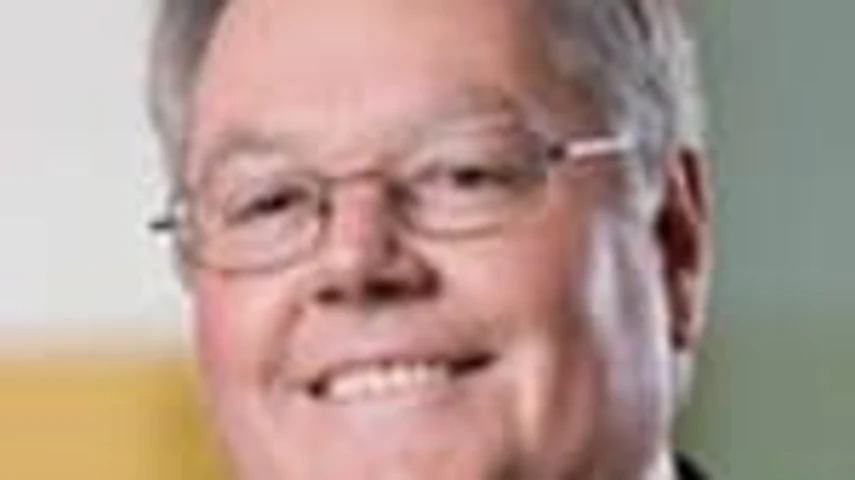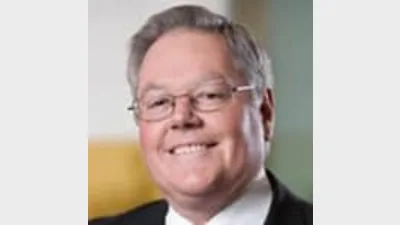Questions swirl around FPA's FOFA deal



A document purporting to be the outline of an agreement struck between the Financial Planning Association (FPA) and the Industry Super Network (ISN) trading agreement to the ‘opt-in’ for a range of concessions such as limited legal use of the term ‘financial planner’ caused a furore in the industry last week.
Despite the consistent denials of the legitimacy of the document by the chief executive of the FPA, Mark Rantall, there were many in the industry who felt the document represented an attempt by the FPA to pursue its own agenda by striking a ‘side deal’ with the ISN.
The document suggested the FPA would agree to the opt-in for a period of four years on the condition that the Government then undertook to deliver on a range of legislative changes benefiting the FPA’s approach to professionalism in the financial planning industry.
The document, obtained by Money Management, was certainly convincing, but amid all the angst only a very few people noted the incongruity of the Industry Super Network being able to virtually dictate a change in Government policy.
In fact, the Minister for Financial Services, Bill Shorten, should have felt significantly slighted by the implication that he is an unquestioning servant of the ISN, bound to honour that organisation’s undertaking.
So, too, should the Prime Minister, Julia Gillard, feel concerned at suggestions that her Government is being unduly influenced by a political lobby group founded and funded by a group of industry super funds.
In any event, the mere suggestion an agreement had been struck between the FPA and the ISN represented political dynamite last week because it was viewed as capable of swaying the vote of the independents in the House of Representatives.
It was argued that independents such as Tony Windsor and Rob Oakeshott would see little value supporting Coalition amendments to the Future of Financial Advice bills if one of the key industry players had already conceded the issue most abhorrent to the rest of the industry – opt-in.
Money Management has investigated the origins of the alleged FPA/ISN document and has established that, at the very least, it passed through the hands of people employed by both organisations.
However this publication accepts that when it contacted Mark Rantall he immediately denied any knowledge of the document and insisted the FPA’s position in opposing opt-in had not changed.
Throughout the entire exercise of claim and counter-claim with respect to the document, Rantall was a model of consistency in his denials.
But as the dust settles on the entire incident, and amid the reality that the Government ultimately delivered on much of the document's content, questions are unavoidable and allegations of a sell-out will persist.
Bridges may not have been burned but they have been severely damaged.
Recommended for you
In this episode of Relative Return Insider, host Keith Ford and AMP chief economist Shane Oliver unpack the RBA’s decision to keep the cash rate on hold in the face of rising inflation and whether the governor’s hawkish tone is a sign of things to come.
In this episode of Relative Return Insider, host Keith Ford and AMP chief economist Shane Oliver discuss the September quarter GDP figures, which show Australia’s economy regaining momentum.
In this new episode of The Manager Mix, host Laura Dew speaks to Haley Devine, head of wealth management at MaxCap Group, to delve into private credit and commercial real estate.
In this new episode of The Manager Mix, host Laura Dew speaks to Benjamin Leung, head of systematic investments at Macquarie Asset Management, to understand the use of systematic investments.







